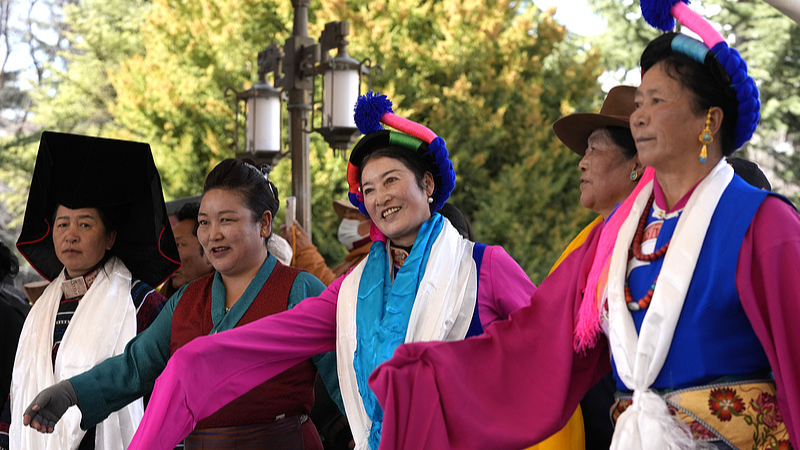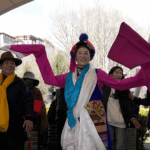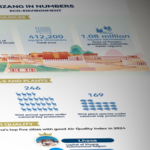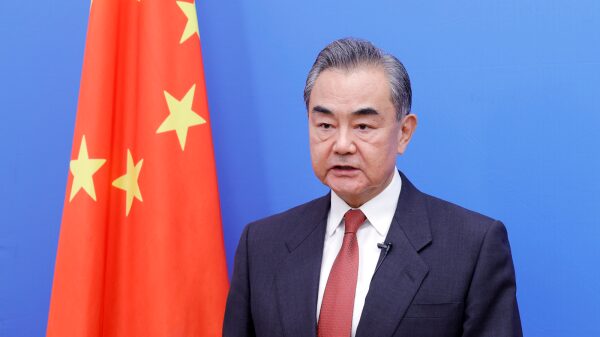China's State Council Information Office released a white paper Friday detailing the protection of religious freedom in the Xizang Autonomous Region, emphasizing efforts to preserve cultural traditions and meet the spiritual needs of residents.
Balancing Faith and Modernization
The document, titled 'Human Rights in Xizang in the New Era,' reveals over 46,000 Buddhist monks and nuns actively practice in the region, with 12,000 Muslim residents and 700 Catholic believers. Homes typically include dedicated spaces for spiritual practice, while monasteries maintain traditional rituals like scripture debates and empowerment ceremonies.
Infrastructure Meets Ancient Practices
Modernization efforts have brought road access, electricity, and telecommunications to 98% of religious sites. Annual government allocations exceeding 26 million yuan ($3.6 million) fund healthcare and social security for monastic communities.
Cultural Continuity in Focus
Festivals like Shoton and Saga Dawa continue uninterrupted, while specialized institutions preserve theological education. Nine Tibetan Buddhism colleges operate nationwide, including flagship academies in Xizang, supported by 920 million yuan in investments.
The report underscores adherence to legal frameworks for living Buddha reincarnation processes, balancing cultural heritage with contemporary governance standards.
Reference(s):
Freedom of religious belief safeguarded in Xizang: white paper
cgtn.com








